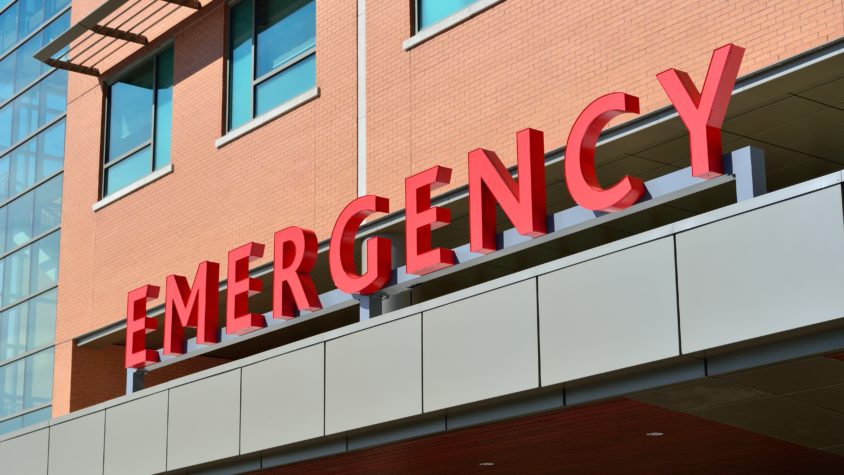By Brandi Aurelio Nobody wants to think of the possibility of a financial emergency occurring to them. But unfortunately, life does happen and you could find yourself in a sticky situation one day. Are you and your family prepared if something like an illness, property damage, job loss or something ...
By Brandi Aurelio
Nobody wants to think of the possibility of a financial emergency occurring to them. But unfortunately, life does happen and you could find yourself in a sticky situation one day. Are you and your family prepared if something like an illness, property damage, job loss or something else that could be financially devastating occurs? What would you do to remain financially stable if something does occur? The Bank of America has four tips for helping you and your loved ones to remain protected while building your emergency fund.
1.) Think through how you might cut expenses quickly
An easy way to quickly build an emergency fund is to cut unnecessary costs where you can. That means cutting back on the take-out and extra lattes each week! Cancel services that you no longer need like a gym membership that you are no longer using. Making these small changes will add up. By freeing up those extra costs, you can then begin growing an emergency fund.
2.) Make sure you have available credit
Having some available credit could be life-saving in a financial crisis. An emergency credit card could be exactly what you need. Just having that security to fall back on could relieve the stress that you have been carrying.
Make sure to check interest rates before applying for a card. Some interest rates can get out of hand at times. Make sure you get the lowest annual percentage possible. Also, when you use the card, be sure to begin paying off that debt as soon as possible. You don’t want a large debt looming over your head!
3.) Understand the risks of relying on retirement accounts
Your 401(k) may look awfully tempting when you are strapped for cash, but remember that tapping into that could drastically impact your future retirement goals. Before you dipping into that fund, consider the pros and cons.
If you do end up borrowing from your 401(k), remember that you will owe interest as you pay it back. Don’t forget, if you withdraw before the age of 59.5 you will trigger and additional 10% tax on top of the regular tax you would already have to pay. Those are some factors to consider beforehand.
4.) Help protect yourself with insurance
There are four key types of insurance to consider.
a.) Disability insurance
This is financial protection if something such as an injury or illness cause you to need time off of work. The insurance typically replaces part of your income, which is still helpful in those situations.
b.) Home insurance
Home insurance is usually required by the bank that is holding your mortgages. This will typically cover damage to your home caused by fires and some natural disasters, but not all. Renters should consider getting insurance as well for some protection.
c.) Life insurance
When considering life insurance, before setting a price, think of how much your beneficiaries might need. Every families’ needs are different. Generally, think of choosing insurance equal to 7 to 10 years of income.
d.) Health insurance
Consider signing up for health insurance that is available through your workplace. If not, then consider purchasing some through an insurance company. If you fall ill, get injured, or need any sort of emergency visit to a doctor’s office or hospital, insurance could be a life saver in terms of your finances. Getting sick without insurance is not cheap!

